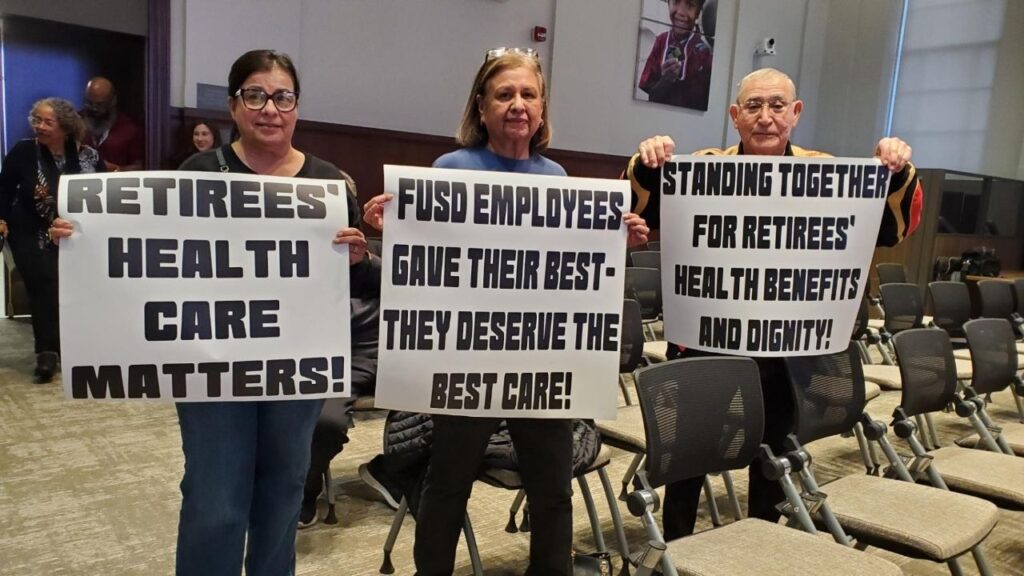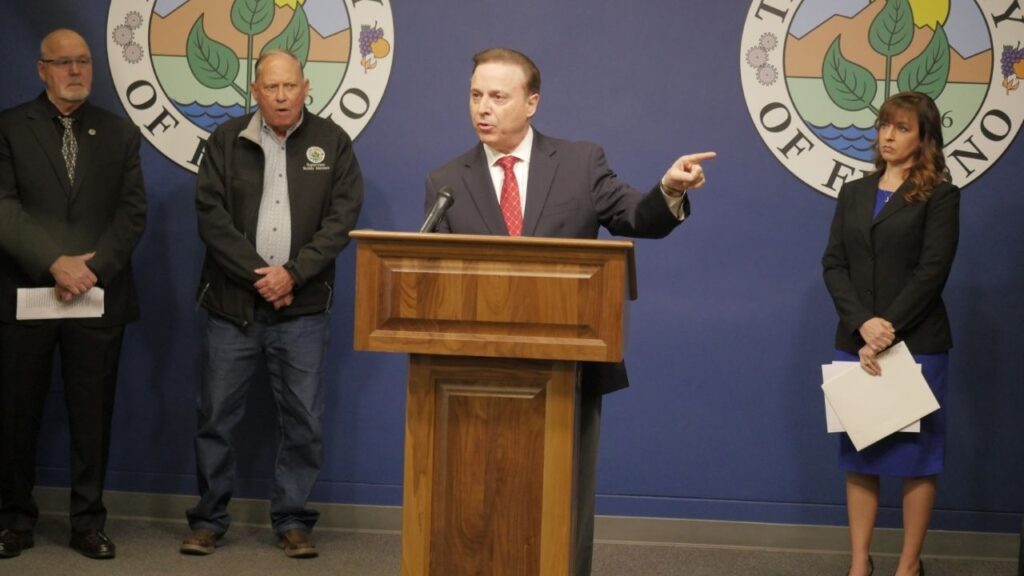Share
Immigrants, already essential to California healthcare, will become even more important in the future.
Today, one in six medical professionals, and nearly one-third of physicians, are foreign-born, and many are bringing not just their labor but their ideas. Immigrants are responsible for one-fifth of all biomedical research and clinical trials.

Joe Mathews
Opinion
Immigrant Entrepreneurs are Improving Medicine
That in turn makes us dependent on immigrant entrepreneurs (nearly half of California businesses are started by immigrants) to transform research into treatments, devices or drugs. In other words, we need people like Harsh Vathsangam, Ade Adesanya, and Shuo Qiao to succeed.
These three immigrants—from India, Nigeria, and China—co-founded a start-up, Moving Analytics, to create a tech tool to keep people with heart disease out of hospitals.
Harsh, now 34 and the company’s CEO, first met Shuo, a Beijing native, at the elite Indian Institute of Technology Madras. After graduating, Harsh won a scholarship to USC, where he invented new tech tools, including a communication device for kids with cerebral palsy. Shuo, now 29, also found his way to USC.
Ade, 29, a Lagos native, enrolled in USC’s engineering management program and worked at the university’s Stevens Center for Innovation, where he helped researchers commercialize their intellectual property. One such researcher was Harsh.
App Helps Heart Attack Patients With Recovery
In 2013, the three men formed a company to use technology to improve health. After interviewing clinicians and other experts, they decided to take on the leading cause of death in the world—heart disease.
One American health failure is that only 15 percent of heart attack victims complete rehab after hospitalization. With rehab—including exercise and lifestyle changes—the likelihood that a heart attack survivor will live another five years doubles. But because rehab is time-consuming, and may include extra costs, most patients don’t do it.
The Moving Analytics team thought technology might achieve what our crisis-focused health system couldn’t—help patients follow a personalized rehab program from home, manage their medication and exercise, and reporting their activities to their caregivers. They sought out the best existing cardiac rehab program they could find, at Stanford, and licensed its research, evidence, and care management system to create an app that remotely coaches people through rehab.
Lowering Costs While Improving Success
The company says its approach lowers rehab costs, requires fewer doctor visits, and gets 80 percent of patients through their rehab programs. The company has signed up clients including the VA and delivers cardiac rehab through major medical centers including NYU Langone.
Moving Analytics, with its USC and Stanford influences, is clearly a California company—but its founders say it is profoundly influenced by their experiences as immigrants.
Their own struggles to translate concepts between languages and cultures, and their diverse staff, have helped them design an easier-to-understand health tool. Their commitment to home-based care reflects their own familiarity with national health systems that aren’t so tied to doctor’s offices and hospitals.
Ade attributes the company’s frugal style—they’ve managed all this with less than $3 million in venture funding—to their own belt-tightening habits. The diversity of their staff—unusual for a tech start-up—reflects their belief in the value of combining different ideas.
“I don’t think we could have started this company in any other country,” says Harsh.
American Healthcare Model Presents Challenges
But the peculiarities of American politics and health care have posed challenges. Their original business model capitalized on Obamacare incentives that encouraged hospitals to use remote care tools like theirs. But President Trump’s rapid reversals of parts of Obamacare, pulled the rug out from under them for a time. For a year, they had no revenues, and had to cut their own salaries to survive.
Ultimately, they pivoted to a new model that focused not just on improving outcomes for patients and doctors but also on convincing insurers of the financial advantages of the technology.
The Moving Analytics founders believe this new approach to cardiac care points towards systemic changes in health care. They envision a more efficient and inexpensive health system that resembles Netflix, allowing patients to choose their care without always having to get to a doctor’s office.
“It’s not just about changing healthcare—it’s broader: how can technology better serve people,” says Shuo. “In health care, we think that means things will be patient-controlled and patient-centered.”
‘Bar is Higher’ for Immigrants
Harsh says it’s important that such a system is carefully designed so it makes health care better for people with fewer resources. That’s a worthwhile mission for a lifetime.
“I have 50 or 60 years left and I’m in a place where I really have the opportunity to do whatever I want,” says Harsh. “So you gotta make your life worth something…being an immigrant, you have to prove more—the bar is higher.”
This column is part of a Zócalo Inquiry, “California’s Immigrants Are Making Health Care More Wholistic and Human,” published with support from The California Wellness Foundation.
Categories

Iran’s Leader Khamenei Accuses Trump of Inciting Deadly Protests

Trump Vows Tariffs on Eight European Nations Over Greenland

















